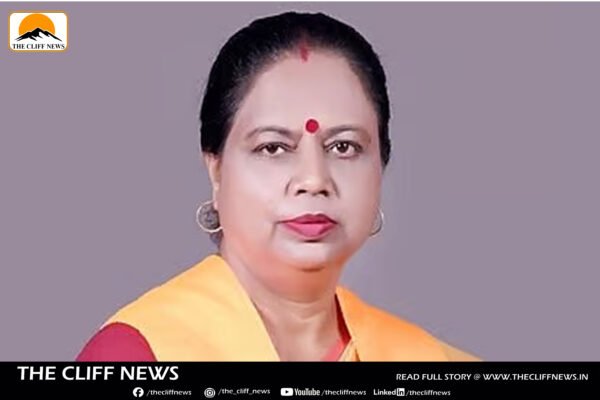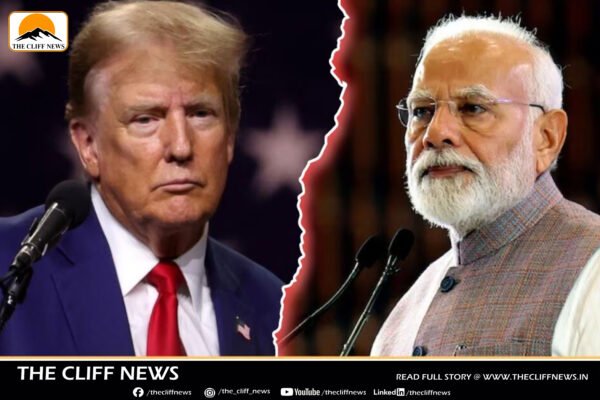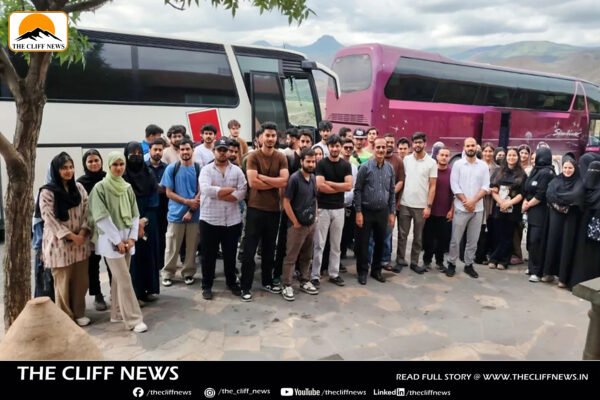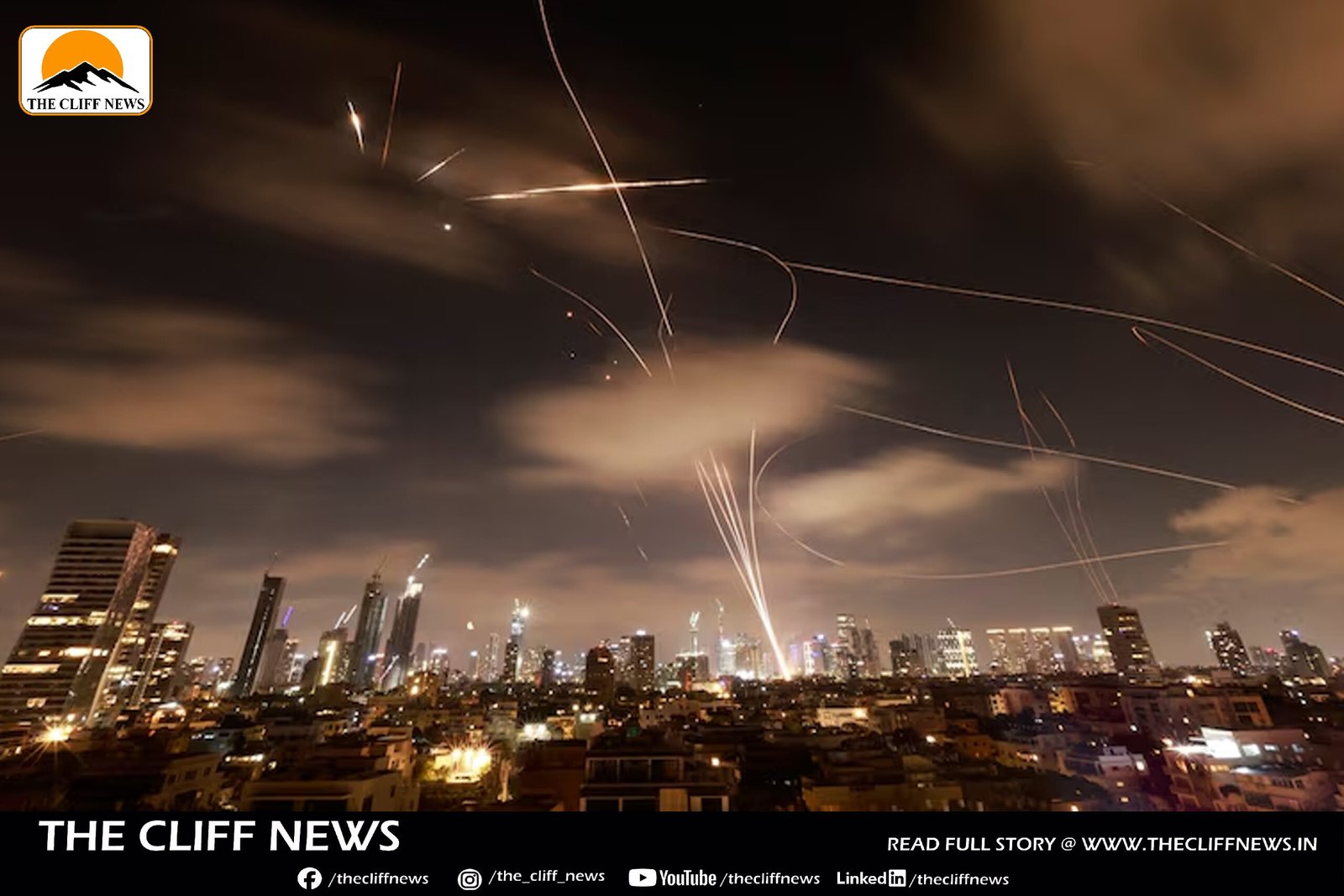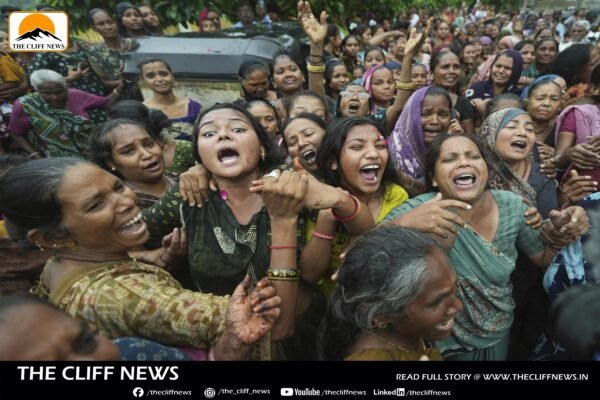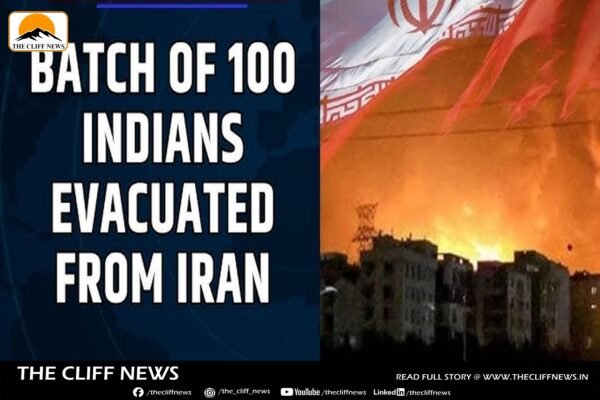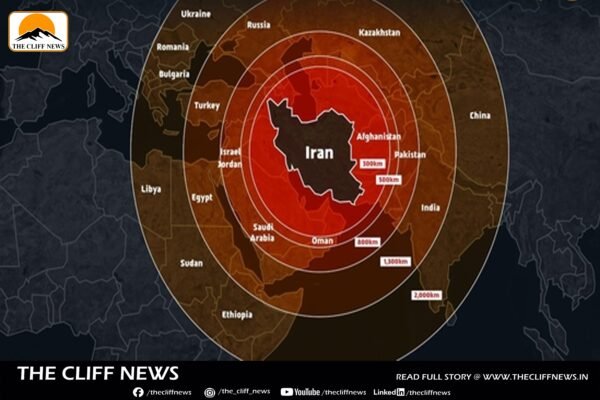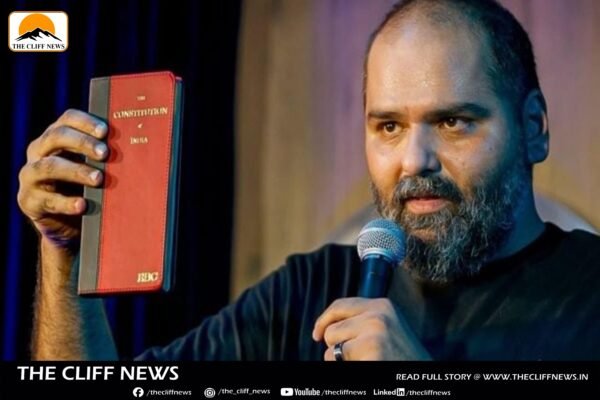मेयर मालती राय का विरोध: जनप्रतिनिधियों पर लगाए गए आरोपों को बताया अपमानजनक, फाइल ट्रैकिंग सिस्टम की मांग
भोपाल की मेयर मालती राय ने शासन द्वारा जनप्रतिनिधियों पर फाइल प्रक्रियाओं में देरी के लिए जिम्मेदार ठहराए जाने को लेकर कड़ा ऐतराज जताया है। उन्होंने नगरीय प्रशासन एवं विकास विभाग के अतिरिक्त मुख्य सचिव संजय शुक्ला को एक पत्र लिखकर इन आरोपों को “अपमानजनक” और “अस्वीकार्य” बताया है। यह पत्र गुरुवार को उस परिपत्र के जवाब में लिखा गया, जिसे 28 मई को निदेशालय द्वारा जारी किया गया था। उक्त परिपत्र में महापौरों और महापौर परिषद (MIC) के सदस्यों को प्रशासनिक विलंब के लिए दोषी ठहराया गया था। मेयर राय ने पत्र में लिखा कि बिना किसी ठोस आधार के चुने हुए जनप्रतिनिधियों पर दोष मढ़ना न केवल उनके सम्मान को ठेस पहुंचाता है, बल्कि वास्तविक समस्याओं से ध्यान भी भटकाता है। उन्होंने कहा, “सभी महापौर और अध्यक्ष नगर निगम अधिनियम 1956 के अंतर्गत अपने कर्तव्यों से भली-भांति परिचित हैं। वे जनहित में कार्य करते हैं और मुद्दों का शीघ्र समाधान करने का प्रयास करते हैं।” राय ने यह भी कहा कि कई मामलों में फाइलें महापौर परिषद से स्वीकृत होने के बाद भी आयुक्त और अन्य अधिकारियों की निष्क्रियता के कारण अटक जाती हैं। ऐसे में महापौरों को दोषी ठहराना भ्रामक है। उन्होंने 10 दिन में सभी फाइलों के निपटान का निर्देश देने वाले शासनादेश पर भी आपत्ति जताई और उसे अव्यवहारिक तथा ज़मीनी हकीकत से कटा हुआ बताया। पारदर्शिता जरूरी: राय मेयर मालती राय ने सुझाव दिया कि नगरीय प्रशासन विभाग को फाइलों की गति पर निगरानी रखने हेतु एक डिजिटल ट्रैकिंग सिस्टम लागू करना चाहिए। उन्होंने कहा, “इस प्रणाली में स्पष्ट रूप से दिखना चाहिए कि कौन अधिकारी फाइल रोककर बैठा है और कितने समय से। इस प्रक्रिया में पारदर्शिता आने से हर स्तर पर जवाबदेही तय हो सकेगी।”
